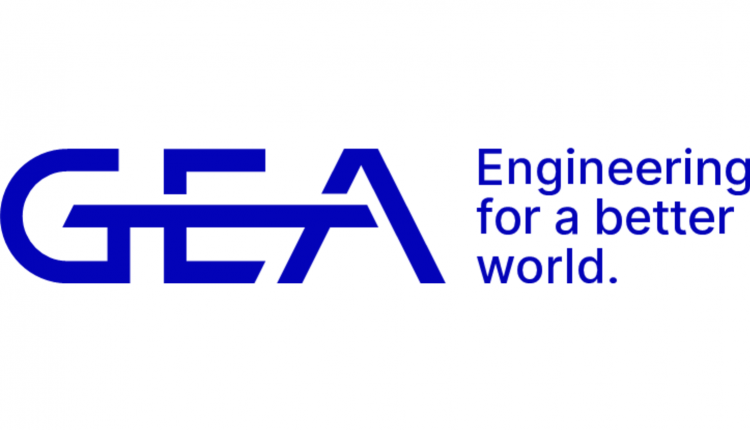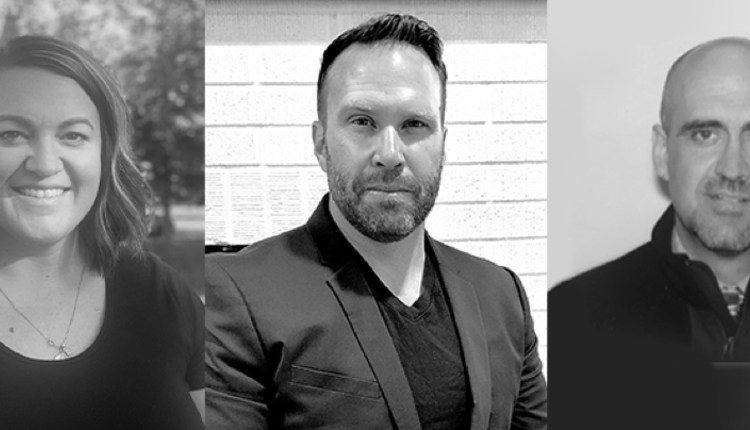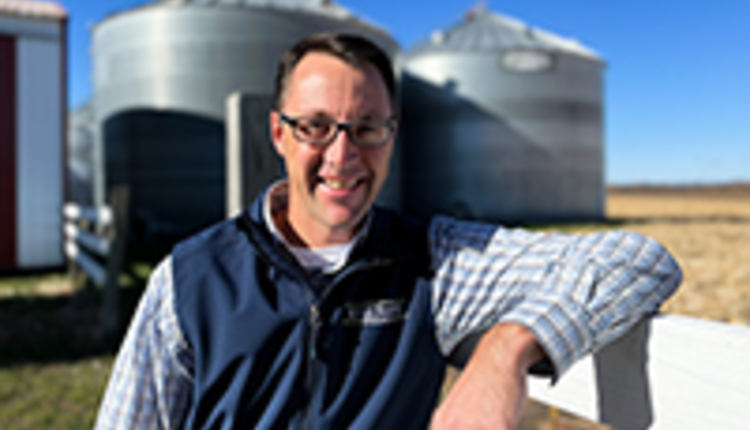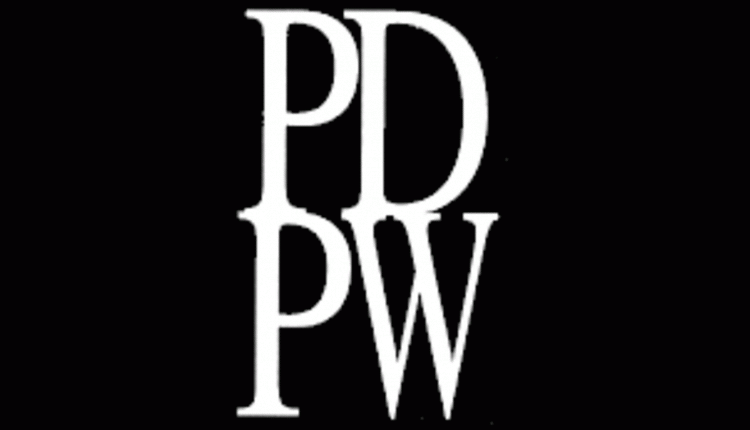The information below has been supplied by dairy marketers and other industry organizations. It has not been edited, verified or endorsed by Hoard’s Dairyman.

His comments were summarized in the Milwaukee Journal Sentinel article entitled, “Mandela Barnes signals support for a moratorium on large-scale factory farms in Wisconsin.” It is hard to discern which statements were worse, those of Barnes or the characterization of large farms by the author of the article.
More than regressive environmental policies, and ever-increasing regulation, it is baseless vilification of farmers propagated by anti-agriculture politicians and the media that harms farmers the most.
First, there is no such thing as “factory farms”. There are just farms, large, small and in between. The term “factory farms” is an insulting phrase created by anti-farming activists to evoke a sense of sterile farming devoid of compassion. But people are involved in every step of the process. Dairy cows are handled by people every day including farmers, milkers, nutritionists, heard health staff, and veterinarians making sure they are well cared for. Content cows produce more milk than stressed cows. Happy cows mean good business.
So-called “factory farms” are often contrasted against “family-owned farms.” But if you take a look behind the “Inc.” or “LLC” there is a family. Large and small farms alike establish corporations and limited liability companies and it doesn’t mean they aren’t family owned. It means they are doing what every business does, protecting the family business for future generations by providing a path for their children and grandchildren to continue farming. “Family farm” refers to nearly every farm in the State of Wisconsin, regardless of size.
Many of these CAFOs started out much smaller, but because of ever-increasing, costly regulations, a desire to be a good steward of natural resources, and certain economic policies, it is often the farmer’s and the environment’s best option to grow. Additionally, as an ever-growing number of small farms do not have a future generation willing to take them over, large farms often purchase the smaller farm. This mean the small farmer’s future is secured, the farm’s legacy continued, and Wisconsin continues to benefit from a healthy dairy economy.
But Barnes thinks the regulations farmers face are not enough. “People with the DNR need to make sure that wherever large factory farms are being proposed that there is a very real in-depth discussion with the community about what the environmental impact will be,” said Barnes, going on to say “[w]e need to regulate large corporate monopoly farms.” His mix of buzz words like “corporate” and “monopoly” and a complete lack of knowledge of the regulatory framework for CAFOs is embarrassing for someone who wants to represent the Dairy State. Any farmer who has obtained a WPDES permit from the DNR, or has sited a farm expansion in their community has had to comply with analyses, proof of compliance and experienced the scrutiny of public hearings.
The tension between farmer and community is false as well. The farmer is a part of the community. They live there, their children go to school there, they pay taxes, drink the water, and they care about their neighbors.
To qualify for a permit, Wisconsin CAFOs must adhere to some of the most stringent siting and engineering standards in the country to minimize any risk of contaminating water. CAFOs also use manure generated by their cows as crop fertilizer which significantly reduces their reliance on synthetic commercial fertilizers. CAFOs are also required to comply with Nutrient Management Plans (NMPs) which limit the amount of manure spread on any one field. Unlike other commodities and medium and smaller livestock farms, only CAFO NMPs require annual auditing by the DNR.
Despite the realities of the regulatory burden borne by the CAFO, the blame for all water contamination is almost entirely laid at their feet. Also unsurprisingly, important sources of nitrogen contamination are always missing from the discussion, such as legacy nitrates, commercial fertilizer from crop production, landscaping, and failing septic systems. Punishing CAFOs for the activities of others is not only unfair but will not improve soil or water quality as it ignores major contributors.
All too often politicians or members of the media opine on issues they know nothing of. Lieutenant Governor Barnes is welcome any time to visit a CAFO and sit down with a farmer. At the very, least policymakers and the media should stop and think for a minute before insulting a group of their constituents who produce nearly half the milk in our state when they refer to them as “factory-farms,” especially when they’ve never even stepped foot on one.











